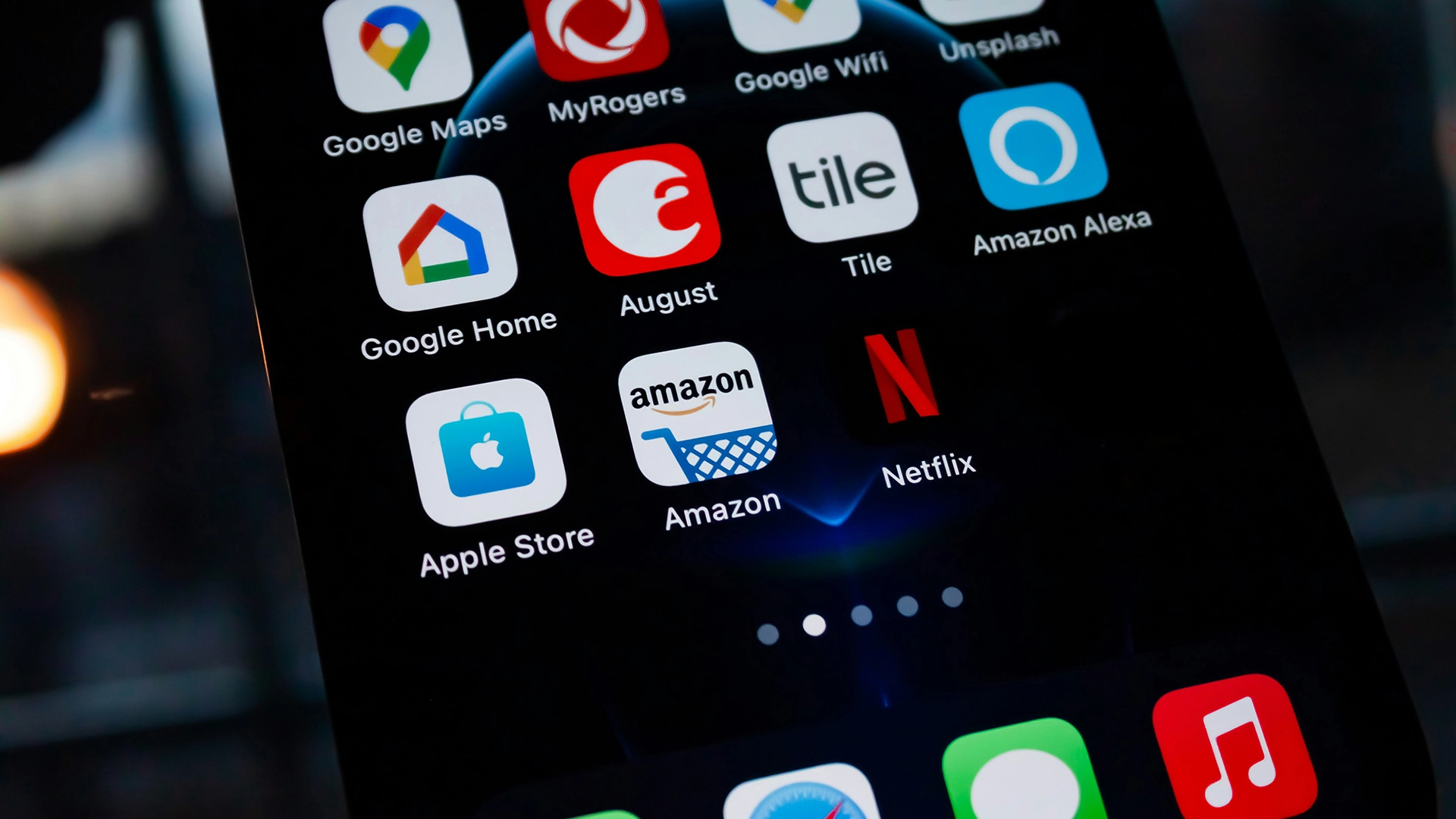
Image by James Yarema, from Unsplash
Study Finds 75% of Popular Free Apps Collect Excessive Data
A new study shows how three out of four of the most popular free apps in the United States are collecting excessive amounts of user data.
In a rush? Here are the quick facts:
- 75% of top free U.S. apps collect excessive user data.
- Messenger, Pinterest, and Lyft ranked as most intrusive apps.
- Researchers flagged deceptive design techniques pressuring users to share data.
Tenscope researchers analyzed the Apple App Store’s 100 most downloaded free applications through their 2025 App Privacy Index. The result shows that 75% of these applications monitor users through different platforms without their knowledge.
The study revealed Messenger, Pinterest, and Lyft as the three applications that gather the most user data. The invasiveness index of Tenscope rates Messenger as the most intrusive application at 100 points.
The researchers say that Messenger collects data exceeding twenty times the amount of most private apps.
The ride-sharing service Lyft stands as third on the list, exceeding the data collection of Amazon Shopping and Google Maps.
The study demonstrates that certain applications maintain proper operation through minimal surveillance practices. Indeed, the privacy-focused design of ParentSquare and Microsoft Edge achieved scores of 4 and 11, respectively, showing how privacy-friendly design methods do exist.
“Good design empowers users, but what we found is a landscape where design is often used to manipulate them,” said Jovan Babovic, Creative Director and Co-founder of Tenscope.
“This report isn’t just a list; it’s a call for greater transparency and a guide for consumers to reclaim control of their digital identity,” he added.
The report demonstrates how certain applications use deceptive design methods to obtain user data. The apps employ confusing permission requests and complicated settings to force users into sharing data more than necessary.
“The highest-scoring apps have one thing in common: their business model relies on knowing as much about you as possible,” Babovic explained. “What this list proves is that data collection is a choice, not a necessity,” he added.


 Previous Story
Previous Story

 Latest articles
Latest articles 